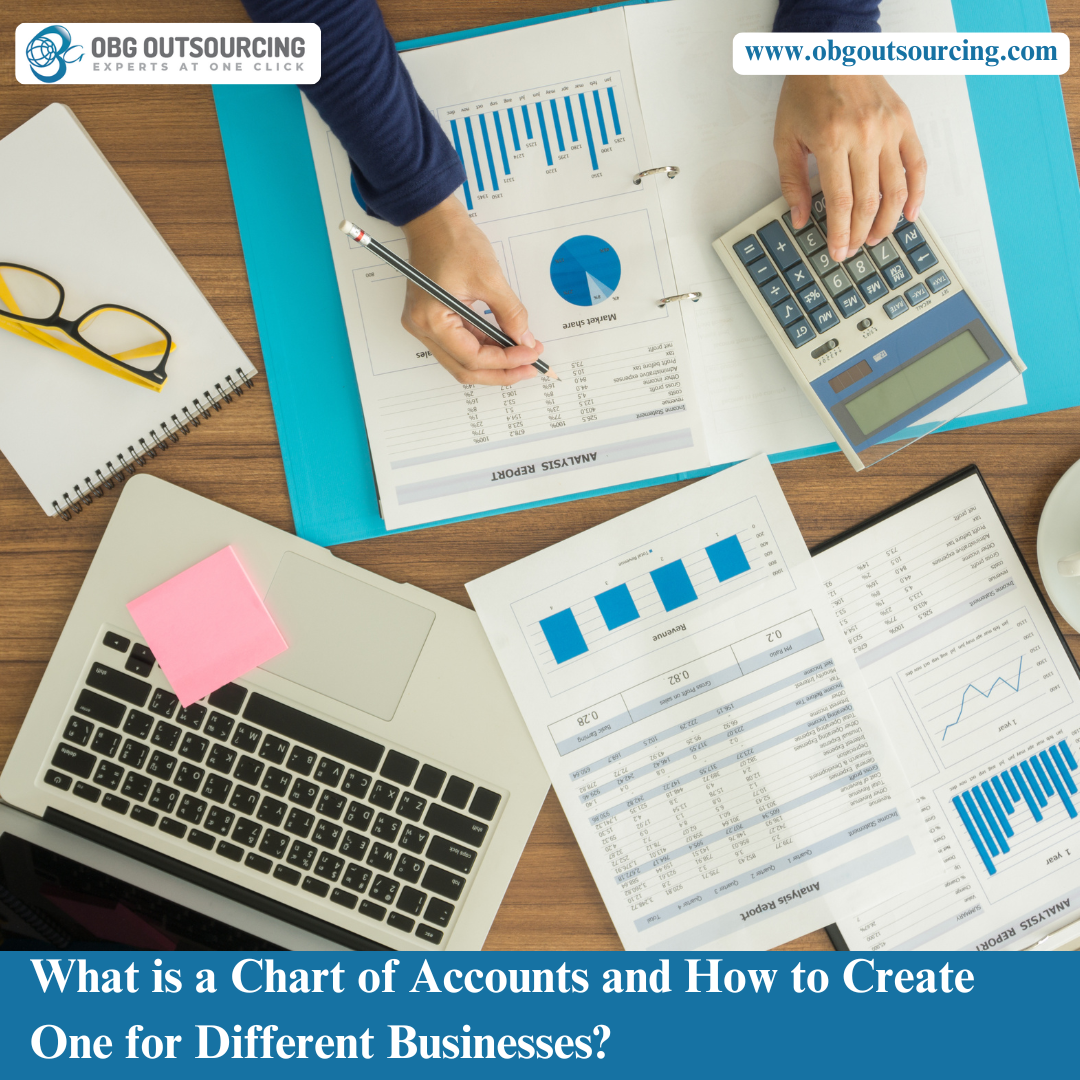A chart of accounts (COA) is a systematic listing of all the accounts used in a business's financial system, organized into categories such as assets, liabilities, equity, revenue, and expenses. It serves as the backbone of a business's accounting structure, helping in categorizing financial transactions for accurate reporting and decision-making. Each account in the COA is assigned a unique account number, which simplifies recording and retrieving financial data.
Creating a chart of accounts for a business firm depends on the type and complexity of the business. Below, we’ll explore how to create COAs for different industries, such as service businesses, retail, and construction, with examples of chart of accounts for small businesses and other industries.
How to Create a Chart of Accounts for Different Businesses
1. General Framework for All Businesses
Regardless of the industry, a COA typically includes these main categories:
Assets: Accounts for what the business owns (e.g., cash, accounts receivable, inventory).
Liabilities: Accounts for what the business owes (e.g., accounts payable, loans).
Equity: Owner’s capital and retained earnings.
Revenue: Accounts for all income generated (e.g., sales revenue, service income).
Expenses: All costs incurred (e.g., rent, salaries, utilities).
2. Chart of Accounts for a Service Business
A chart of accounts service business focuses on income from services rather than products. Examples include consulting, IT services, and marketing firms.
Revenue: Service Income, Consulting Fees, Retainer Fees.
Expenses: Salaries, Travel Expenses, Marketing Costs, Software Subscriptions.
Example Chart of Accounts for Service Business:
| Account Number | Account Name | Category |
| 101 | Cash | Asset |
| 301 | Retained Earnings | Equity |
| 401 | Service Revenue | Revenue |
| 601 | Employee Salaries | Expense |
| 602 | Software Subscriptions | Expense |
For a more detailed guide, explore this chart of accounts sample for service business.
3. Chart of Accounts for a Retail Business
A retail business chart of accounts includes inventory accounts, as these businesses primarily sell physical products. Key additions would be:
Revenue: Sales Revenue, Discounts Allowed.
Cost of Goods Sold (COGS): Inventory Purchases, Freight Costs.
Example of Chart of Accounts for Retail Business:
| Account Number | Account Name | Category |
| 101 | Cash | Asset |
| 201 | Accounts Payable | Liability |
401 | Sales Revenue | Revenue | | 501 | Inventory Purchases | COGS | | 502 | Freight Costs | COGS | | 601 | Store Rent | Expense |
The COA for retail businesses often includes multiple COGS accounts to track inventory-related costs accurately. Check out this retail chart of accounts guide for more insights.
4. Chart of Accounts for the Construction Industry
A chart of accounts construction industry requires specific accounts to track project costs, materials, and labor. Unique features include job costing and work-in-progress (WIP) accounts.
Revenue: Construction Contracts Revenue, Change Order Revenue.
Expenses: Direct Labor, Subcontractor Costs, Equipment Rentals.
Example Chart of Accounts for Construction Business:
| Account Number | Account Name | Category |
| 101 | Cash | Asset |
| 202 | Work-in-Progress | Asset |
| 402 | Construction Revenue | Revenue |
| 503 | Subcontractor Payments | COGS |
| 601 | Equipment Rentals | Expense |
Accurate job costing is vital in construction accounting. Learn more from this chart of accounts construction example.
Why is a Chart of Accounts Important?
Organized Financial Records: A COA creates a structured system for recording transactions, making it easier to retrieve financial information.
Accurate Financial Reporting: Categorizing transactions ensures your financial statements, such as income statements and balance sheets, are accurate.
Compliance: A well-maintained COA ensures compliance with tax regulations and accounting standards.
Scalability: As your business grows, a properly designed COA can easily accommodate new accounts and changes in operations.
How OBG Outsourcing Can Help
Creating and maintaining a COA for small businesses can be daunting. At OBG Outsourcing, we offer professional accounting services to help businesses build tailored COAs. Whether you need a chart of accounts example service business or a customized solution for retail or construction, our experts ensure your accounts are accurate and compliant.
We also provide ongoing accounting reviews, bookkeeping, and tax compliance services to streamline your financial management.
Get Started with OBG Outsourcing
If you’re ready to create or refine your chart of accounts, contact us today! Visit OBG Outsourcing’s blog for expert insights into accounting best practices.
 USA
USA UK
UK Australia
Australia UAE
UAE Canada
Canada

_(7).jpg)
_(6).jpg)


_(5).jpg)
.jpg)
_(4).jpg)
_(1).jpg)
_(2).jpg)
.png)